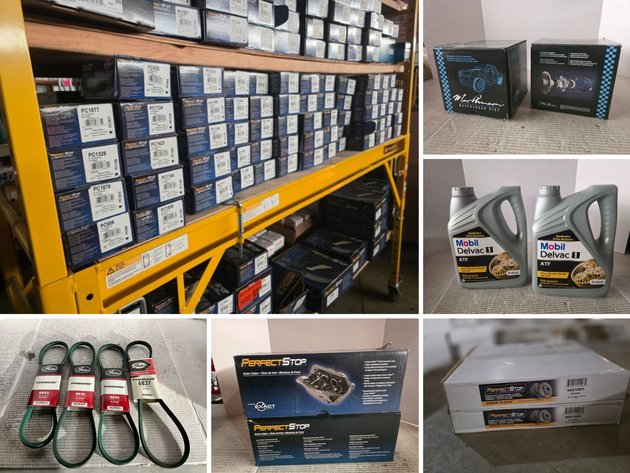The Importance of Estate Transition Planning
Not long ago, we worked with a client named Ellen whose husband of 29 years had recently passed away. Ellen’s husband owned a small business, and owned several vehicles, pieces of heavy equipment, and tools that he kept for personal use. Ellen’s husband handled all the paperwork. And essentially all the major assets were solely in his name. And, to make matters more complicated, Ellen’s husband hadn’t been the most organized recordkeeper, so, the important paperwork—titles, receipts, loan documents, etc.—was kind of all over the place.
Sadly, Ellen’s situation is all too common. When a loved one either loses the capacity to care for themselves, or unexpectedly passes away, on top of the emotional burden that it presents, the process of asset liquidation can also pose real complications for the beneficiaries. We have supported numerous clients through these kinds of estate transitions, and, based on our experience, we’d like to propose some steps you can take to support your family and loved ones on the road ahead.
Make a plan
Above all else, it’s important for you to have a plan. On the formal side of things, you can craft a living will and/or living trust that provides clear directives for how assets/property should be distributed. On the less formal side, you can have informative conversations with your loved ones and beneficiaries – help your loved ones understand what assets you possess, what the assets are (or any special information), and which assets possess the greatest value. By helping your loved ones understand the assets, you equip them with knowledge that will help them receive fair value.
Create an organizational system
Organization pertains to both the assets themselves and any relevant paperwork (e.g., titles, receipts, loan documents). It’s important that your loved ones have a clear understanding of where important assets are located. And it’s equally important that your loved ones have access to any important paperwork. We couldn’t tell you how many times our clients have had to go on extensive scavenger hunts to locate key documents, in order to be able to sell a key asset.
Document the story of key assets
Help your loved ones understand what makes a key asset special. Does a piece of equipment serve a specialized purpose? Is there supplemental equipment or tools that works in tandem with the asset? Is there something significant about the asset’s story—how it’s been used over the years—that adds value to it? Help your loved one understand the story behind what makes your property valuable.
Add beneficiaries to titles
Wherever possible, if an asset is solely in your name, explore the possibilities for adding your loved one as a joint holder. Over the years, there have been numerous times where we get to the close of an auction, and titles—or other legal paperwork—suddenly pose complications to a sale. By adding your loved one as a joint holder, you can proactively prevent those issues from happening.
Consult with an appraiser and/or auctioneer to establish a clear valuation of the assets
Sadly, in moments of need, there are unethical individuals who will look to prey on the vulnerable. Don’t let yourself be taken advantage of. Don’t accept behind-closed-door deals. Don’t let yourself get pushed around. Don’t let someone “help you out by taking that burden off your hands.” Work with an asset-liquidation professional, such as auctioneer, to ensure that you receive fair market value for your assets.
At Bid-2-Buy, we’re here to help our clients navigate whatever situations life throws at them. Estate-transition planning – such as the steps we outlined above – offers one strategy to help you and your loved ones be prepared for even life’s most difficult circumstances. If you’re in need of auction services, get in touch with us today, and let’s build value together.






